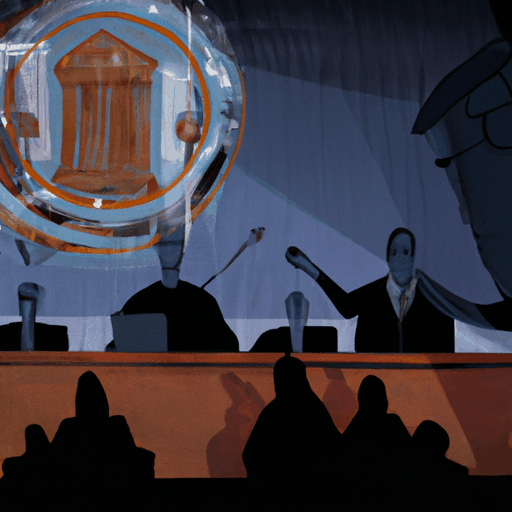
French Prosecutors Charge Telegram CEO Pavel Durov with Complicity in Child Exploitation and Drug Trafficking
By: Isha Das
French authorities have recently revealed a series of serious charges against Telegram founder and CEO Pavel Durov. These charges were brought to light following his arrest on August 24 at Le Bourget Airport near Paris. Among the allegations against Durov are accusations of complicity in child exploitation, drug trafficking, and involvement in other organized criminal activities. The charges include:
- Operating an online platform facilitating illegal transactions in an organized group
- Refusing to provide requested information and documents necessary for legal interceptions
- Possession and distribution of child pornography in an organized group
- Involvement in narcotic substances trafficking
- Providing tools and data for illegal access to automated data processing systems
- Organized fraud
- Criminal association for committing crimes punishable by five or more years of imprisonment
- Money laundering related to organized crime
- Providing cryptology services without proper certification
- Importing cryptology tools without prior declaration
The investigation kicked off on July 8 and is headed by the Fight against Cybercrime Unit (JUNALCO) of the Paris Prosecutor's Office. Durov is accused of utilizing Telegram as a platform to facilitate various illegal activities. Additional charges include obstructing law enforcement by refusing to supply crucial information necessary for lawful interceptions.
Current Detention
Durov remains in police custody under laws that govern organized crime, enabling his detention until August 28.
This high-profile arrest has reignited discussions around the role of social media platforms in moderating content and their responsibilities towards law enforcement. Though Telegram has maintained that it adheres to European Union laws and that Durov has 'nothing to hide,' critics argue that the platform's existing efforts to curb illegal activities are insufficient.
International Reactions
French President Emmanuel Macron addressed the situation, assuring that the arrest and investigation were purely legal actions with no political motivations. However, the arrest has received significant backlash globally.
Figures like Edward Snowden and Elon Musk have spoken out, condemning the arrest as an attack on free speech. Political figures, including Robert F. Kennedy, have also weighed in, emphasizing the importance of protecting fundamental human rights.
Durov, known for his strong stance on privacy and free speech, first gained recognition for founding VK, Russia's largest social media platform. He claims to have been forced to sell VK and leave Russia due to government pressure.
In 2013, Durov established Telegram as a platform committed to privacy and free speech. However, its minimal content moderation has drawn widespread criticism, with experts pointing out its use by extremists, scammers, and other criminals.
The global tech community is divided on Durov's approach to privacy and free speech. Meanwhile, the UAE’s Ministry of Foreign Affairs has requested that French government urgently provide Durov with consular services.



